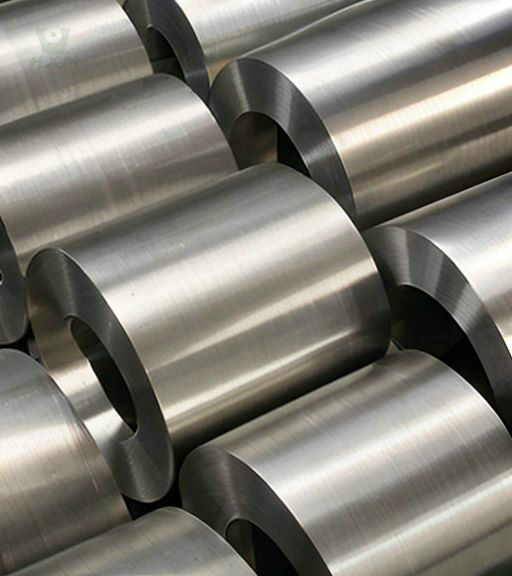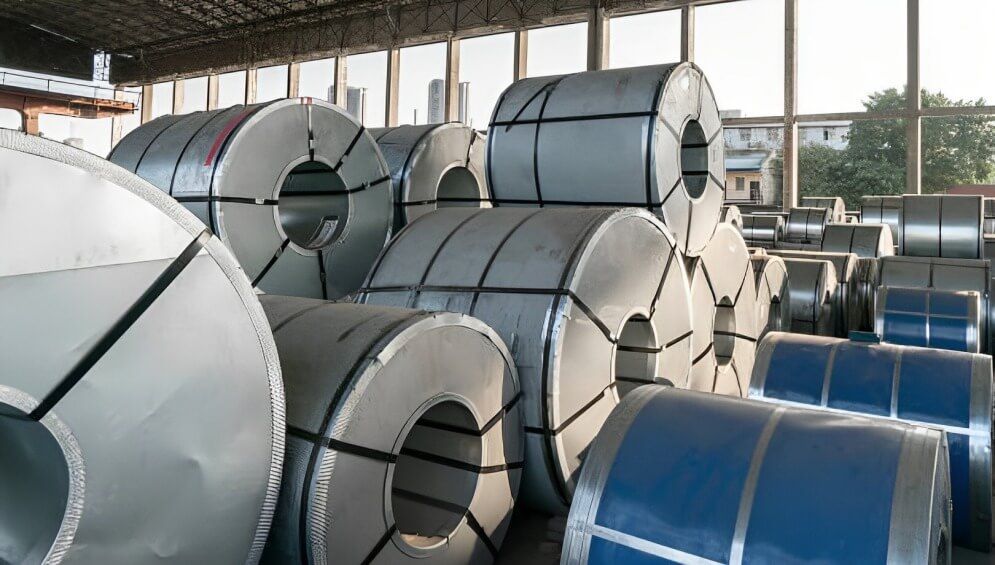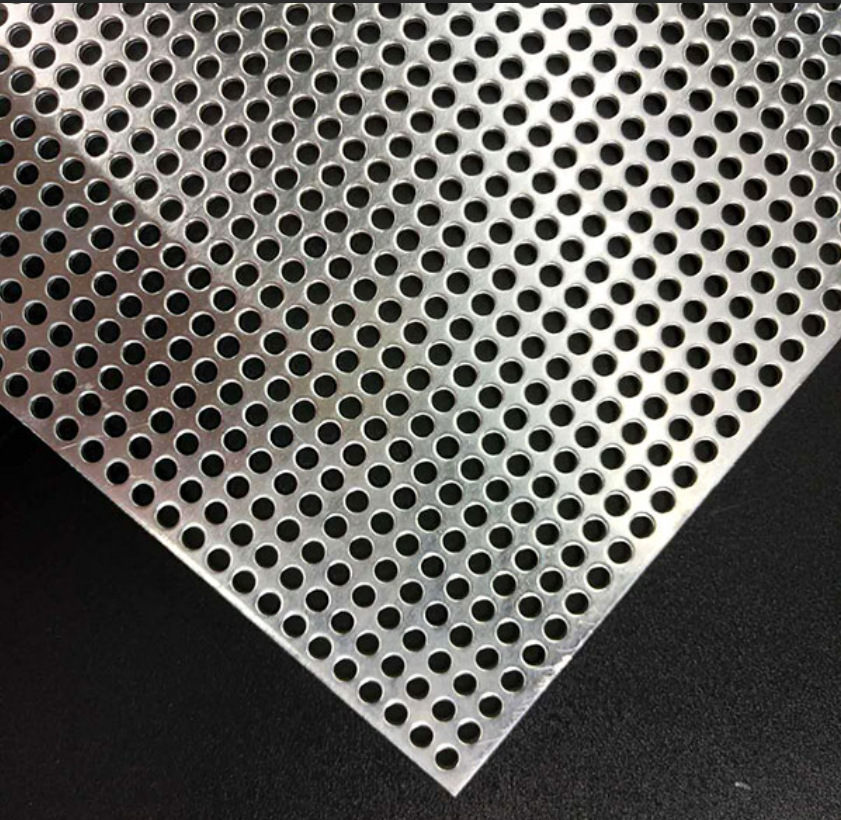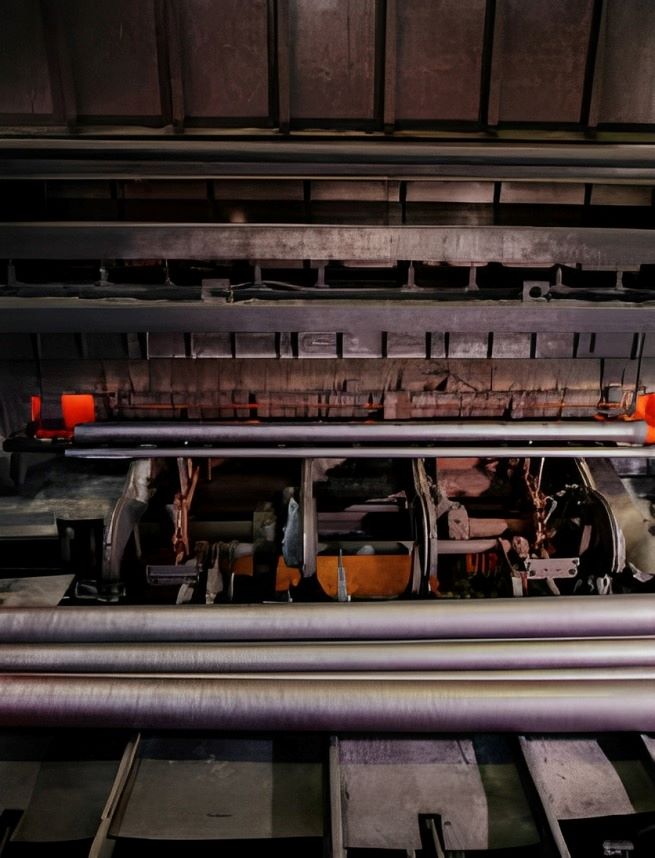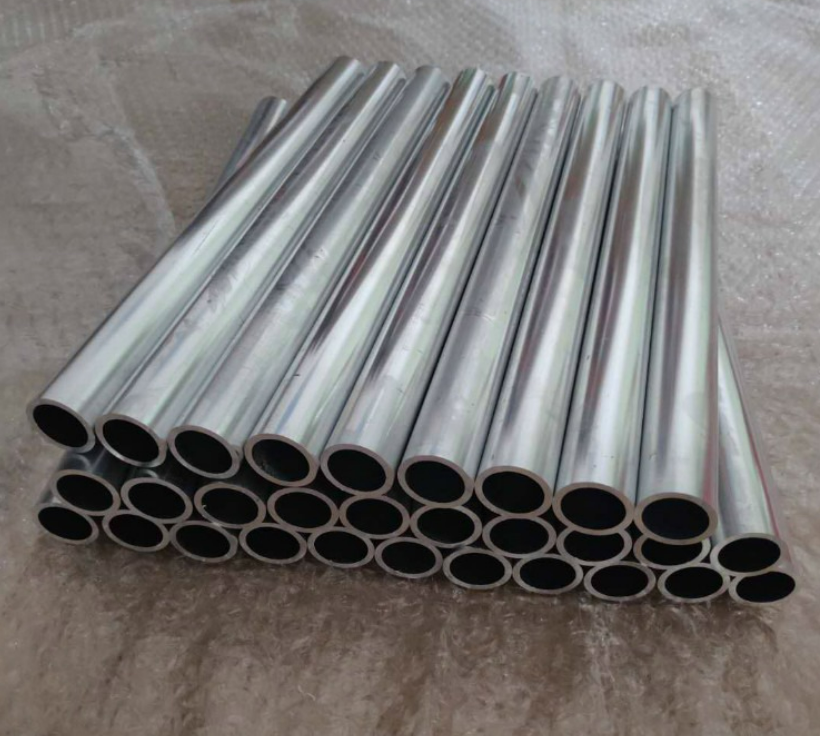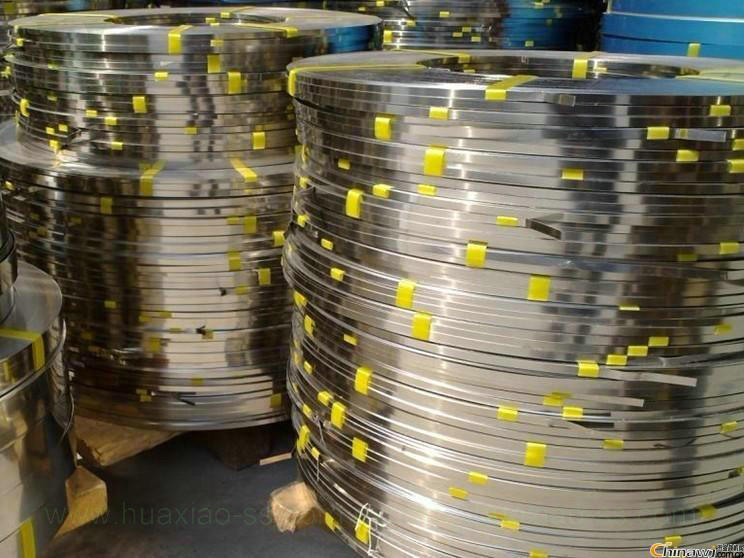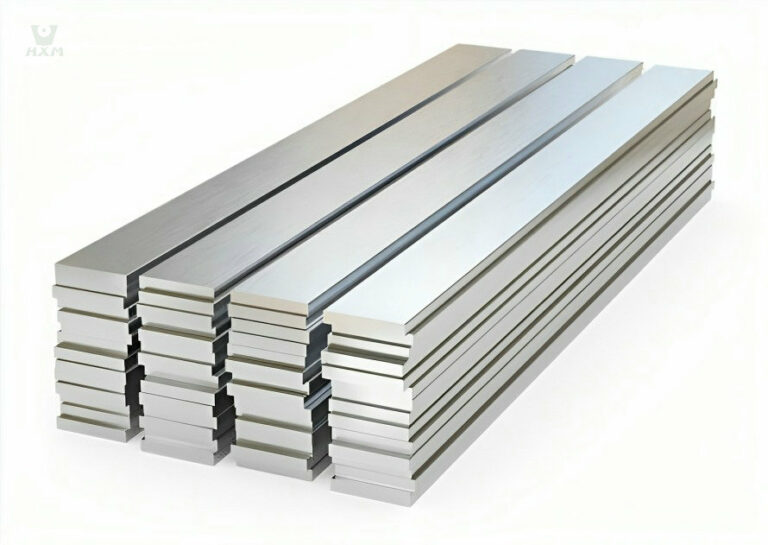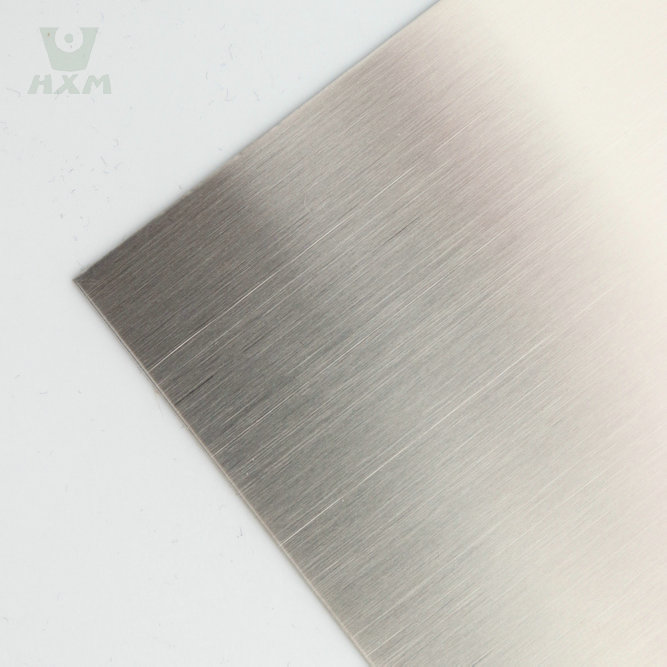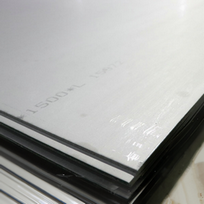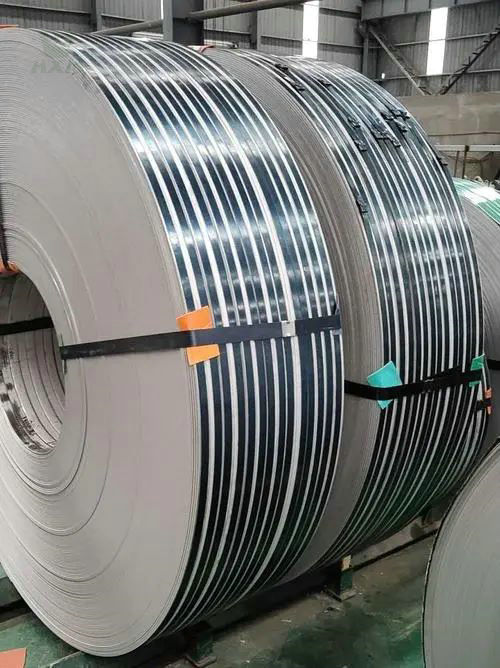Does 304 stainless steel rust?
Table of Contents
maybe you read
Introduction
In daily life, we often see various household items such as cookware, sinks, and cabinets made of 304 stainless steel. These products are loved by consumers for their attractive appearance and excellent durability. However, over time, some observant consumers may notice that even products made of 304 stainless steel can rust under certain circumstances. This raises the question: Does 304 stainless steel rust?
Does 304 stainless steel rust?
304 stainless steel is not completely immune to rust, but rather highly resistant to rusting in most environments.
Firstly, it’s important to understand that stainless steel is called “stainless” because it exhibits good resistance to corrosion, but it doesn’t mean it’s completely rust-proof. Particularly in environments with high chloride ion content, such as saltwater, sweat, or seawater, 304 stainless steel is more prone to rusting and may even develop pitting corrosion. This is because chloride ions, upon contact with stainless steel, can disrupt its passive layer, leading to corrosion reactions.
Secondly, even in regular usage, if the surface of 304 stainless steel is mechanically damaged or chemically corroded, it can compromise its protective layer and initiate rusting. Therefore, proper maintenance and care are crucial for extending the lifespan of 304 stainless steel products.
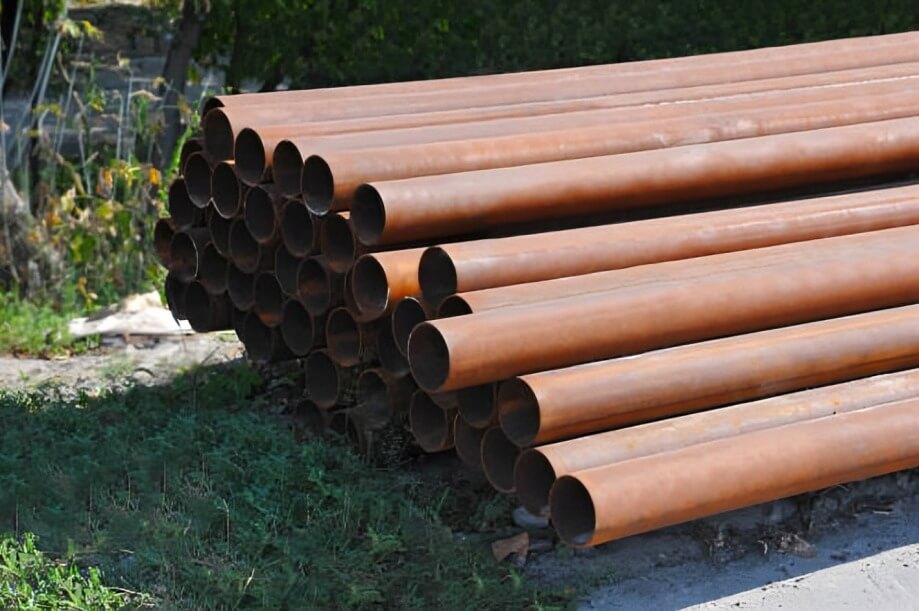
WHAT CAN CAUSE STAINLESS STEEL TO RUST?
Stainless steel is renowned for its corrosion resistance, but it can still rust under certain conditions. Here are the primary factors that can cause stainless steel to rust:
Exposure to Chlorides: Chloride ions, found in substances like salt (sodium chloride), can penetrate the protective oxide layer on stainless steel, leading to pitting corrosion. This is common in marine environments or when stainless steel is in contact with saltwater or de-icing salts.
Poor Maintenance: Stainless steel requires regular cleaning to remove contaminants that can cause corrosion. Lack of maintenance can lead to the accumulation of dirt, grime, and other corrosive agents.
High Temperatures: Prolonged exposure to high temperatures can cause stainless steel to lose its corrosion-resistant properties. High-temperature oxidation can form a scale on the surface that compromises the steel’s protective layer.
Chemical Exposure: Certain chemicals, especially strong acids and bases, can attack stainless steel. Chemicals like hydrochloric acid can be particularly aggressive, leading to localized corrosion.
Mechanical Damage: Scratches, dents, or abrasions can disrupt the passive layer on stainless steel, exposing the underlying metal to corrosive elements.
Welding: Welding can alter the microstructure of stainless steel, making it more susceptible to corrosion, especially if the proper techniques and filler materials are not used.
What keeps 304 stainless steel from rusting?
We all know that metals, such as iron, are prone to rusting due to their reaction with oxygen in the air. However, 304 stainless steel has a remarkable ability that makes it less susceptible to rusting. This is because it contains elements like chromium (Cr) and nickel (Ni).
When 304 stainless steel comes into contact with oxygen in the air, the chromium within it reacts with oxygen to form a very tightly adhering protective film called chromium oxide (Cr2O3). This film acts like armor, tightly wrapping the stainless steel and preventing oxygen from reaching the metal underneath, thereby inhibiting rusting.
Nickel also plays a crucial role. It enhances the strength, ductility, and corrosion resistance of stainless steel, making the protective film tougher and more resistant to damage.
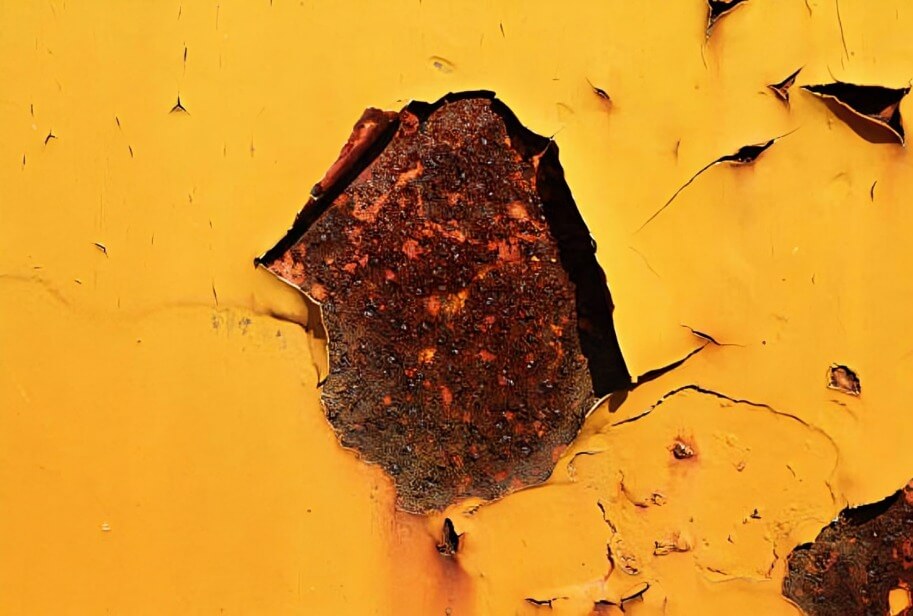
Tips on maintaining stainless steel
- Stainless steel must be kept clean during use, but attention should also be paid to the cleaning technique. First, prepare a cloth and stainless steel oil. Then, pour an appropriate amount of oil onto the cloth, and repeatedly wipe the stainless steel surface. It's important to control the amount of stainless steel oil used. Using too little may not achieve the desired cleaning effect, while using too much may leave traces and affect the appearance.
- If stainless steel is exposed to a humid environment for a long time, it is prone to rust. Therefore, after cleaning, the water stains on the stainless steel surface must be wiped dry with a clean cloth. This is especially important for tableware because of the high salt content in food. Prompt cleaning and drying, followed by storage in a well-ventilated environment, are necessary. Otherwise, prolonged exposure may lead to oxidation and the appearance of rust and mildew spots on the stainless steel surface.
- Stainless steel, being a type of steel with a hard texture, is vulnerable to scratching despite its shiny surface. Therefore, during use, care should be taken to avoid contact with hard objects to prevent scratches. Scratches can severely affect the appearance, especially for large items such as doors, windows, and stoves. Special attention should be paid to avoid such damage.
Through a thorough understanding of 304 stainless steel, we realize that it is not completely immune to rust but exhibits excellent corrosion resistance in most environments. Therefore, proper maintenance and care are crucial to ensuring the long-term use of products made of 304 stainless steel.
As a stainless steel supplier with over 15 years of experience in exporting stainless steel products, Huaxiao Metal is committed to providing customers with high-quality 304 stainless steel products. Our factory is equipped with multiple production lines, allowing us to flexibly meet various demands and supply stainless steel materials in various shapes and specifications. In addition to 304 stainless steel, we also offer a variety of other grades to choose from, such as 316, 201, 321, 2205, 2507, and more. Whether it’s sheets, coils, pipes, strips, wires, or bars, we can meet your needs.
contact the stainless steel experts
Huaxiao Metal is proud to be a leading producer of stainless steel products, including sheets, pipes and bars. We offer the highest quality products with fast turnaround and exceptional customer service, backed by over 15 years of experience in the industry.
To learn more about our 304 grade steel, please contact us today.


